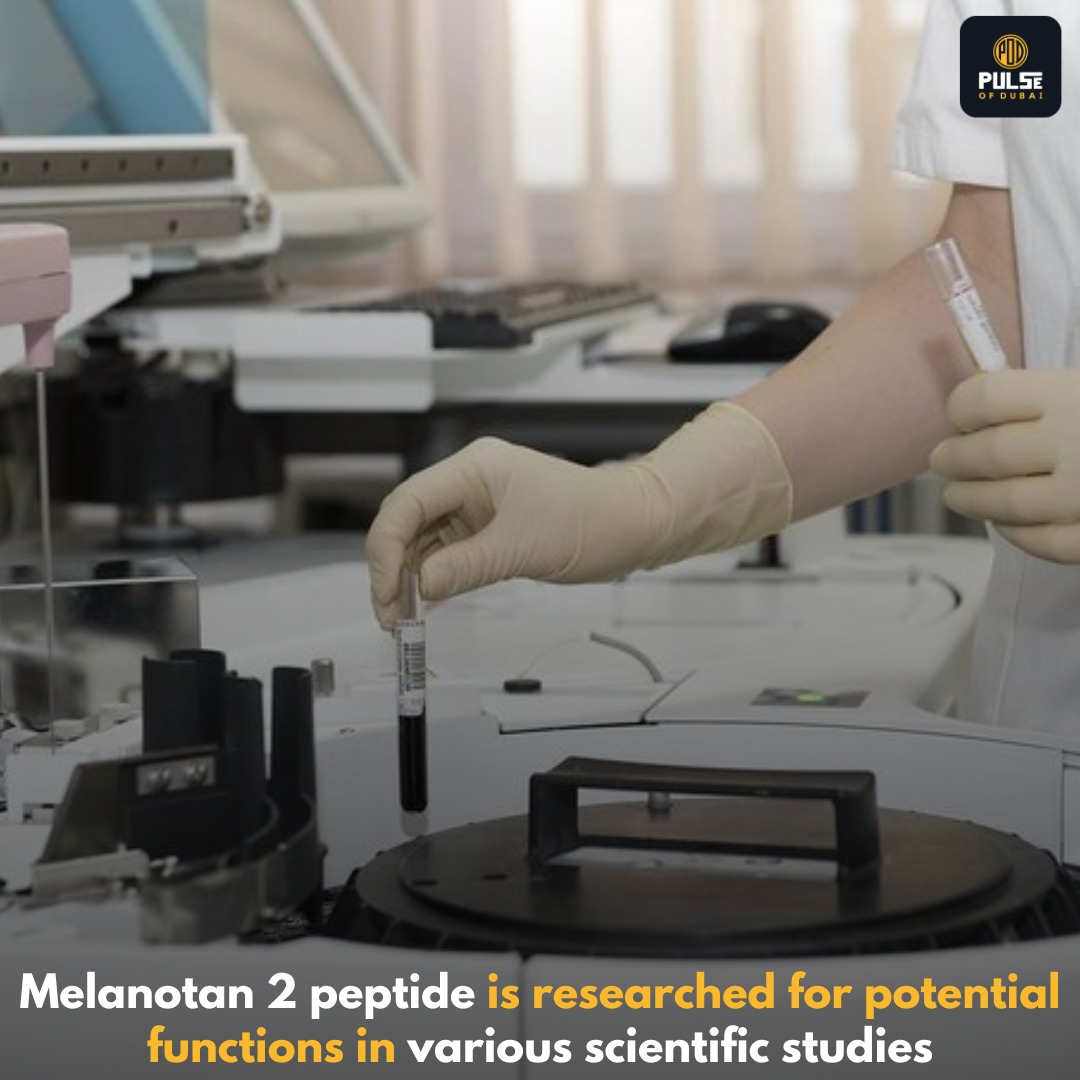Melanotan 2 (MT2) is a synthetic analog of the naturally occurring hormone alpha-melanocyte-stimulating hormone (α-MSH), which is primarily responsible for stimulating melanogenesis—the process by which skin pigment melanin is produced. The development and study of Melanotan 2 have opened up various avenues in scientific research, focusing on its potential uses and functions.
Initially, Melanotan 2 was investigated for its ability to promote tanning of the skin without exposure to harmful ultraviolet (UV) radiation from the sun. The idea was to create a method to reduce the risk of skin cancer by inducing a protective tan. Research indicated that MT2 could increase melanin production, leading to darker skin pigmentation even with minimal sun exposure. This feature garnered significant interest for its potential in reducing the incidence of skin cancer.
Beyond its tanning properties, Melanotan 2 has been studied for several other potential therapeutic applications. One area of research is its role in treating sexual dysfunction. Studies have shown that MT2 can have aphrodisiac effects and help treat erectile dysfunction in men and sexual arousal disorders in women. This is believed to be due to MT2’s action on certain brain receptors that influence sexual desire and performance.
Melanotan 2 also shows promise in weight management and obesity treatment. Research indicates that MT2 can influence appetite suppression, leading to reduced food intake and, consequently, weight loss. This is linked to its interaction with melanocortin receptors, which play a role in regulating energy homeostasis and appetite.
Furthermore, MT2 has potential applications in addressing certain genetic and metabolic disorders. For instance, it is being explored for its effects on metabolic rate and insulin sensitivity, which could be beneficial in managing conditions like diabetes and metabolic syndrome.
Despite these promising avenues, it is important to note that Melanotan 2 is still largely in the experimental phase, with most studies being preclinical or in early clinical stages. The long-term safety and efficacy of MT2 are not yet fully understood, and it is not approved by regulatory bodies like the FDA for general use. Therefore, while Melanotan 2 presents exciting possibilities, further research is needed to thoroughly understand its benefits, risks, and potential therapeutic roles in medicine.
In summary, Melanotan 2 peptide is being extensively studied for its potential to induce skin tanning, treat sexual dysfunction, aid in weight management, and address metabolic disorders. Its future applications could significantly impact several medical fields, pending further research and regulatory approval.









